The MIT Energy Initiative will hold the Future Energy Systems Center Spring Workshop on May 14-15, 2025. The workshop will feature panel discussions on various decarbonization topics presented by speakers from MIT, industry, academia, and government.
Additionally, we will introduce 10 new projects that have been added to the Center’s research portfolio, and you will have the opportunity to attend a poster session highlighting ongoing research projects.
At the workshop, Member company attendees will participate in the Center Advisory Committee meeting. This interactive meeting allows Member companies to express their interests and priorities, helping shape the Center’s next project selection cycle.
Attendance at the Spring Workshop is restricted to Members of the Future Energy Systems Center and invited members of the MIT Community.
Agenda
| Wednesday, May 14 | |
| 7:45-8:30 am ET | Breakfast and registration |
| 8:30-8:40 am ET |
Welcome William H. Green, Director, MIT Energy Initiative; Hoyt C. Hottel Professor, |
| 8:40-9:30 am ET |
Energy transition challenges and technology dashboards: Data visualization and tools
Morgan Andreae, Executive Director, Future Energy Systems Center, MIT Energy Initiative |
| 9:30-10:45 am ET |
A moving target: How policy reversals shape the U.S. and international energy landscape The United States is amidst a cycle of federal energy and climate policy reversals that are without precedent. Unlike previous political transitions, however, the trajectory of U.S. climate and energy policy development remains unclear, and declared goals and priorities seem to continuously evolve or be mutually inconsistent. How might current policy reversals affect short and long-term investments in the U.S. energy sector? And what are some of the global ramifications of American energy and climate policy uncertainty, both for global markets and for domestic and international policy choices? Louis Finkel, Senior Vice President of Government Relations, National Rural Electric Cooperative Association (NRECA) Moderated by Joshua Hodge, Executive Director, MIT Center for Energy and Environmental Policy Research; Research Director, MIT Climate Policy Center |
| 10:45-11:00 am ET | Break |
| 11:00 am-12:30 pm ET |
New Future Energy Systems Center project kickoffs round 1
Moderated by Kate Ahern, Program Manager, Future Energy Systems Center, In person only: Breakout discussions with project teams |
| 12:30-1:30 pm ET | Lunch |
| 1:30-3:00 pm ET |
Future Energy Systems Center Advisory Committee Meeting Part 1
Kate Ahern, Program Manager, Future Energy Systems Center, Research themes:
|
| 3:00-3:30 pm ET | Break |
| 3:30-4:45 pm ET |
Scenarios for the energy future As the world attempts to achieve energy security, affordability and sustainability, how will the energy system might evolve to address these requirements? We will explore potential pathways for energy mix, technologies and regulations that might have a broad impact on the world. We will discuss global and regional implications of energy and economic development. Clara Heuberger-Austin, Lead Power Market Analyst, Shell Moderated by Jennifer Morris, Principal Research Scientist, MIT Center for Sustainability Science and Strategy and MIT Energy Initiative |
| 4:45-5:30 pm ET |
Project highlights by students and postdocs
Moderated by Kate Ahern, Program Manager, Future Energy Systems Center, |
| 5:30-7:00 pm ET | Poster session and reception |
| Thursday, May 15 | |
| 8:00-9:00 am ET | Breakfast and registration |
| 9:00-9:30 am ET |
Future Energy Systems Center Member highlights Morgan Andreae, Executive Director, Future Energy Systems Center, |
| 9:30-10:00 am ET |
Future Energy Systems Center Advisory Committee Meeting Part 2 Kate Ahern, Program Manager, Future Energy Systems Center, |
| 10:00-11:30 am ET | New Future Energy Systems Center project kickoffs round 2
Moderated by: Kate Ahern, Program Manager, Future Energy Systems Center, In person only: Breakout discussions with project teams |
| 11:30-11:45 am ET | Break |
| 11:45 am-1:00 pm ET |
Regional energy transition challenges and opportunities: Latin America Endowed with vast natural resources, Latin America holds tremendous economic and energy growth potential—from its immense hydropower reserves and expanding wind and solar capacity to its rich bio-resources—yet the region faces steep hurdles in mobilizing the capital needed for the energy transition. In this context, oil & gas projects continue to attract financing, mining and heavy industry are piloting low-carbon solutions (e.g., green hydrogen), and biomass and biofuels remain cornerstones of the energy mix. Angelo Gurgel, Principal Research Scientist, MIT Center for Sustainability Science and Strategy; Principal Research Scientist, MIT Energy Initiative Moderated by: Pablo Duenas-Martinez, Research Scientist, MIT Energy Initiative |
| 1:00-2:00 pm ET | Lunch |
| 2:00-3:15 pm ET |
The improved business case of new fission power plants This panel brings will examine how recent technical advancements in nuclear fission are reshaping its economic competitiveness. We will explore how innovations in plant design, deployment and operations are reducing costs and enabling new deployment models—from grid-scale generation to behind-the-meter applications. Panelists will discuss the evolving business case for nuclear energy in decarbonized power and heat markets, highlighting opportunities and barriers to broader adoption. Chandrakanth Bolisetti, Senior Scientist, Idaho National Laboratory Moderated by: Ruaridh Macdonald, Research Scientist, MIT Energy Initiative |
| 3:15-3:30 pm ET | Break |
| 3:30-4:45 pm ET |
Learning by doing: Mid-temperature deep geothermal to generate power Geothermal energy spans a wide range of applications, from shallow heat pumps to the ambitious goal of ‘geothermal anywhere’ electricity generation using deep, superhot heat resources. This panel highlights innovators focused on the promising middle of this spectrum, where steady, practical improvements are paving the way toward affordable, widespread geothermal power. R. Lance Cook, Chief Technical Officer, Sage Geosystems Moderated by: Andrew Inglis, Geothermal Venture Builder, Proto Ventures, MIT |
| 4:45 pm ET |
Closing remarks Morgan Andreae, Executive Director, Future Energy Systems Center, |
About the speakers
Kate Ahern
Program Manager, Future Energy Systems Center, MIT Energy Initiative
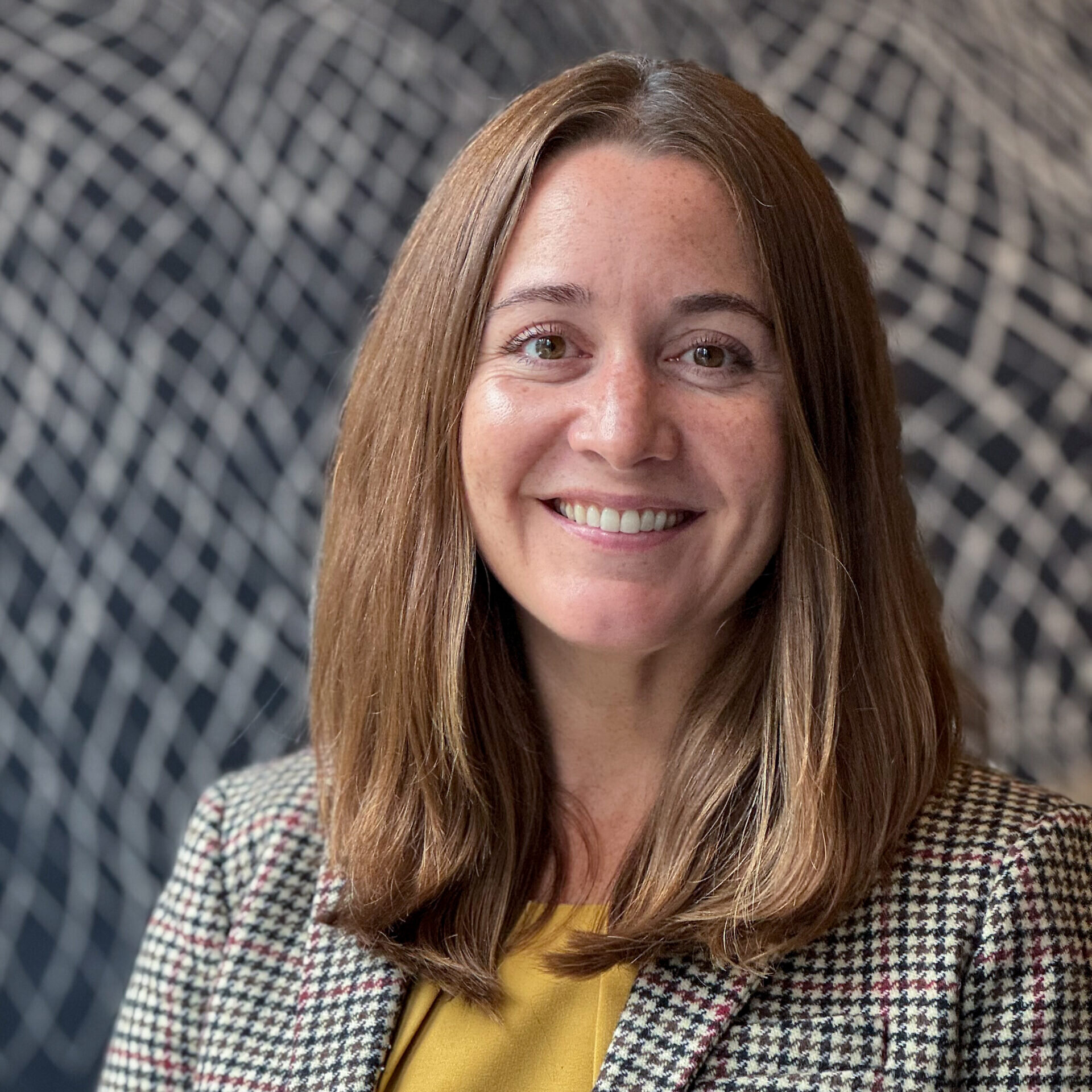
Kate Ahern is the Future Energy Systems Center’s program manager. She manages operations for over 40 decarbonization projects, empowering the Center’s 38 member companies to make informed, strategic decisions regarding their own decarbonization efforts. Previously, Kate worked at Harvard Business School, managing Professor Michael Porter’s Microeconomics of Competitiveness (MOC) Network and disseminating Professor Porter’s Creating Shared Value (CSV) concept through Harvard Business School MBA and Executive Education courses.
She has gained valuable experience working with an environmental consulting firm in D.C. and Cleantech Open Northeast, as well as the Department of Justice and a private law firm in D.C. Kate graduated from American University with a B.A. in Interdisciplinary Studies: Communications, Legal Institutions, Economics, and Government (CLEG) and received her Master’s degree in Sustainability and Environmental Management from the Harvard Extension School.
Morgan Andreae
Executive Director, Future Energy Systems Center, MIT Energy Initiative
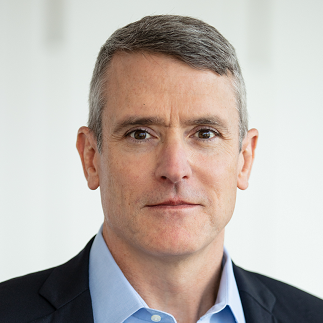
Morgan Andreae is the executive director of MITEI’s Future Energy Systems Center. Prior to joining MITEI, Andreae was the executive director of technology and innovation at Cummins where he led teams in the development of new battery, fuel cell, electrolyzer, and electric traction technologies. Over the course of his career Andreae has held a variety of roles in technology development, strategy, and product development, with a consistent focus on bringing more sustainable technology to market. Andreae holds over 25 patents on diesel, hybrid-electric, and electric powertrain technology. He has a PhD in mechanical engineering from MIT, a Masters and Bachelors in engineering from Dartmouth College, and a Bachelors in history from Haverford College.
Alexander Andriatis
Postdoctoral Associate, MIT Department of Mechanical Engineering
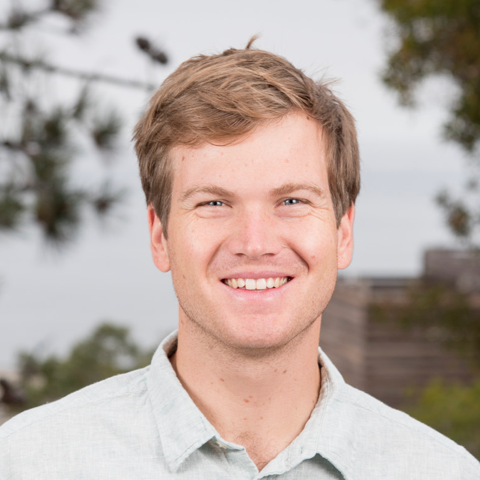
Alex Andriatis is a postdoctoral researcher developing oceanographic instrumentation, observation strategies, and numerical simulations that investigate the efficacy and environmental impact of novel marine carbon dioxide removal (mCDR) and deep-seabed mining technologies. His current projects include instrumentation to measure in-situ particle size and settling velocity of suspended sediment and precipitants, low-cost and modular autonomous surface vehicles to monitor near-field mCDR interventions, and high-resolution numerical simulations to model ocean surface boundary layer turbulence and air-sea fluxes. Andriatis is passionate about decarbonization and the transition to a green economy. He has a PhD in oceanography from Scripps Institution of Oceanography at UC San Diego and a bachelor’s in physics from MIT.
Ayomipo Arowosola
Postdoctoral Research Associate, MIT Materials Research Laboratory
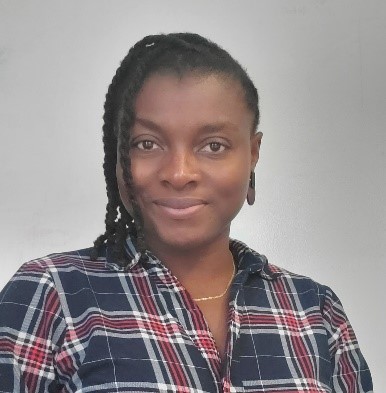
Ayo Arowosola is a postdoctoral research associate at the MIT Materials Systems Laboratory in the Sustainability and Health Initiative for NetPositive Enterprise (SHINE) and Concrete Sustainability Hub (CS Hub) groups. Her research focus is on sustainability pathways across industries, often using Life Cycle Assessment (LCA) as a tool to assess decarbonization strategies. Currently, her research is examining the role concrete plays in enabling low-carbon hydrogen production and how the concrete industry benefits from this collaboration with the energy industry. Arowosola’s other projects revolve around manufacturing, automotive, retail, packaging, fashion, and recycling industries. She taught the Industrial Ecology of Materials (Course 3.081) at MIT and is a teaching assistant in the Life Cycle & Supply Chain Sustainability Assessment (ENVR E-151) course at the Harvard Extension School.
Maanasa Bhat
PhD Student, MIT Department of Mechanical Engineering

Maanasa Bhat is a sixth year PhD student in the Department of Mechanical Engineering at MIT. Her research focus is on the development of low-cost and low-emissions solutions for hydrogen storage and transportation. The projects she is currently working on include production of chemiresistive gas sensors for hydrogen leak detection at Deng Energy and Nanotechnology Group (PI: Sili Deng) and techno-economic and life cycle analysis of hydrogen carriers at MIT Energy Initiative (PI: Guiyan Zang).
Chandrakanth Bolisetti
Senior Scientist, Idaho National Laboratory
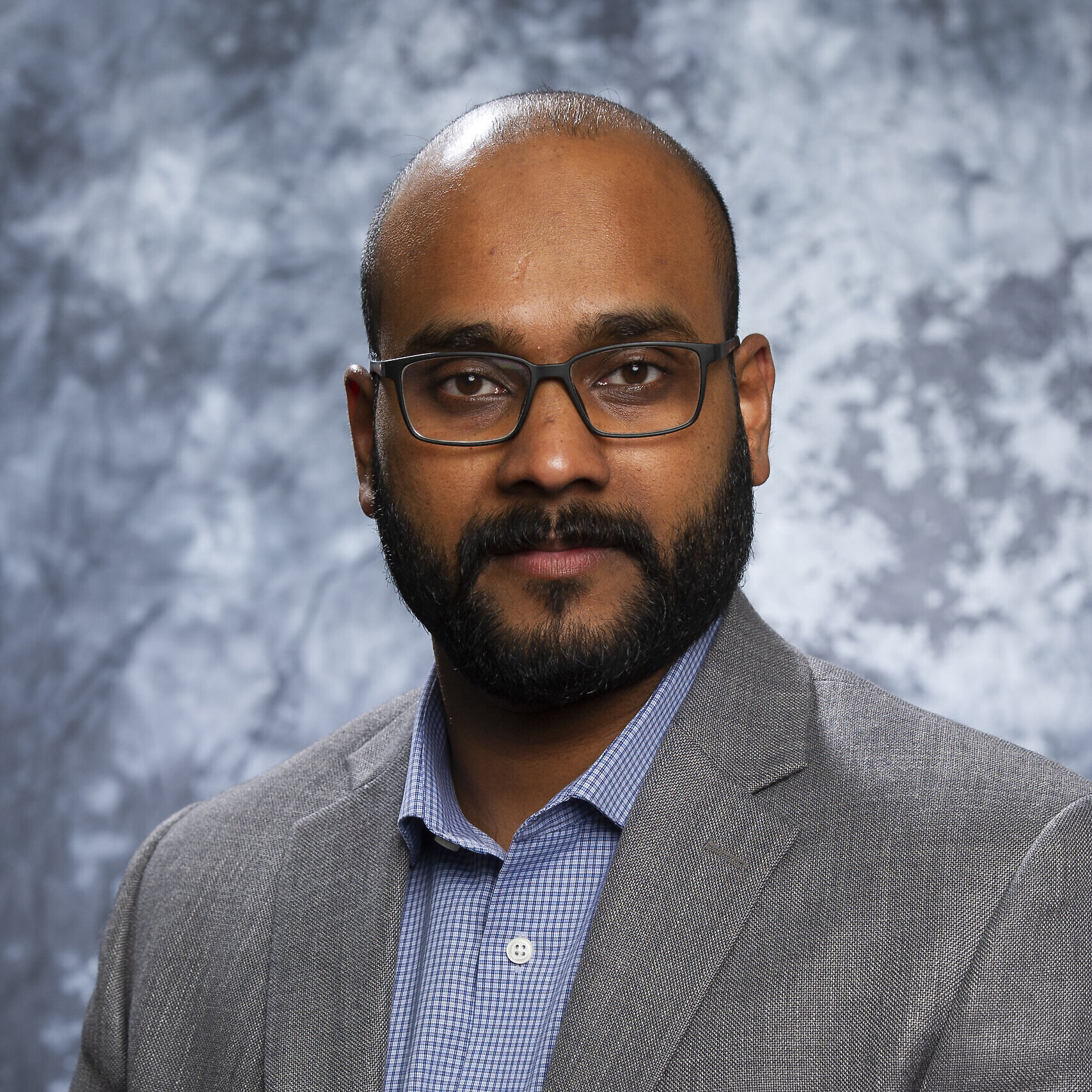
Chandu Bolisetti is a senior scientist at Idaho National Laboratory with more than 10 years of experience in the nuclear industry. His background is in structural and earthquake engineering, but his areas of expertise are diverse, including nuclear techno-economics, the economics of nuclear construction, quality assurance issues, and mass production of microreactors, siting, and external hazard safety and risk assessment. He holds a PhD from University at Buffalo, State University of New York.
Audun Botterud
Principal Research Scientist, MIT Laboratory for Information and Decision Systems
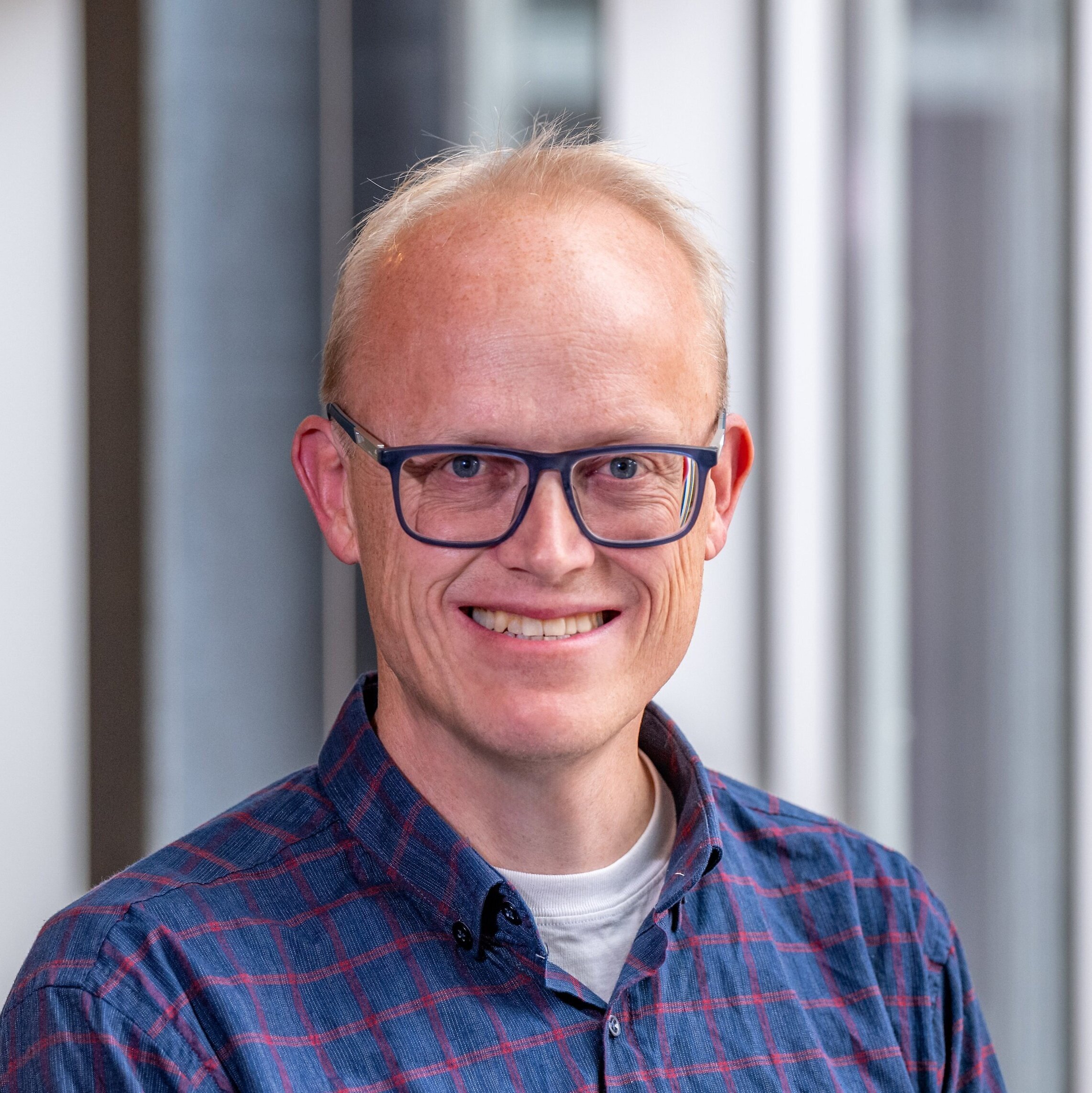
Audun Botterud is a principal research scientist in Laboratory for Information and Decision Systems (LIDS) at MIT, where he leads the Energy Analytics Group. He has a co-appointment in the Energy Systems and Infrastructure Analysis Division at Argonne National Laboratory. His research interests include power systems, electricity markets, renewable energy, and energy storage. Botterud holds a MSc (industrial engineering) and a PhD (electrical power engineering), both from the Norwegian University of Science and Technology. He was previously with SINTEF Energy Research in Trondheim, Norway.
Shantanu Chakraborty
Postdoctoral Associate, MIT Energy Initiative

Shantanu Chakraborty is a postdoctoral associate at the Trancik Lab within the Institute for Data, Systems, and Society and the Energy Analytics Group within the Laboratory for Information and Decision Systems at MIT, working with Jessika Trancik and Audun Botterud. His research spans macro-scale energy systems planning, energy economics, distributed control, stochastic optimization, and machine learning.
At MIT, Chakraborty’s current work focuses on identifying robust clean energy investment strategies under technological and cost uncertainties in the energy transition. He earned his PhD in power system engineering and economics from Delft University of Technology as a Marie Sklodowska-Curie Early-Stage Researcher. During his PhD, he was also a visiting researcher at Politecnico di Torino (Italy) and EnergyVille (Belgium). He holds an MSc in energy science, technology, and policy from Carnegie Mellon University.
Chakraborty’s research has been recognized with the Best Paper Award at the IEEE PES General Meeting in 2019.
Beyond academia, he has worked as a data scientist and consultant to global utilities through roles at Tendril Networks, Bloom Energy, and Guidehouse.
Samantha Coday
Assistant Professor, MIT Department of Electrical Engineering and Computer Science

Samantha Coday is an assistant professor of Electrical Engineering and Computer Sciences at the Massachusetts Institute of Technology and a principal investigator in the MIT Research Laboratory of Electronics. She received the MS degree and PhD degree in electrical engineering and computer sciences in 2019 and 2023, respectively, from the University of California, Berkeley. Her research interests include ultra-dense power converters enabling renewable energy integration, hybrid electric aircraft, and future space exploration. She focuses on the optimization, design, and control of hybrid switched-capacitor converters. Coday is recipient of several APEC best presentation awards and the NSF CAREER award.
R. Lance Cook
Chief Technical Officer, Sage Geosystems
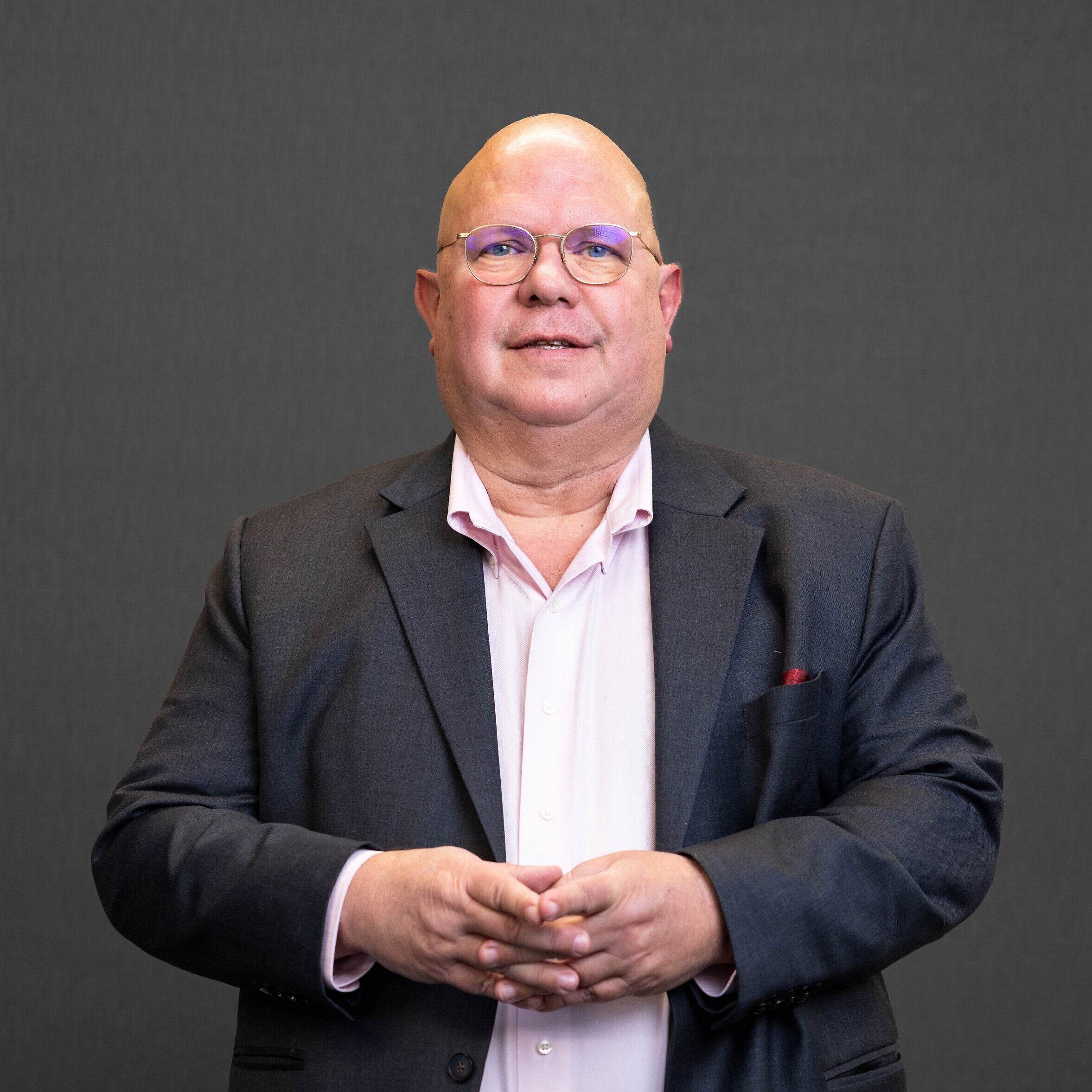
R. Lance Cook has nearly 40 years in the O&G industry, most recently serving as VP of Global Wells Technology and chief scientist of Wells at Shell. He also led Shell’s pioneering drilling and completions efforts in Alaska and Bakken/Antrim shales, the development of Shell-designed steerable motors enabling extended reach and horizontal drilling, managed Shell’s deep water technology development, and led two Shell joint venture technology efforts in expandable casing and well manufacturing. Cook holds nearly 100 US patents and is a co-founder and president and CTO of Sage Geosystems.
Deepjyoti Deka
Research Scientist, MIT Energy Initiative
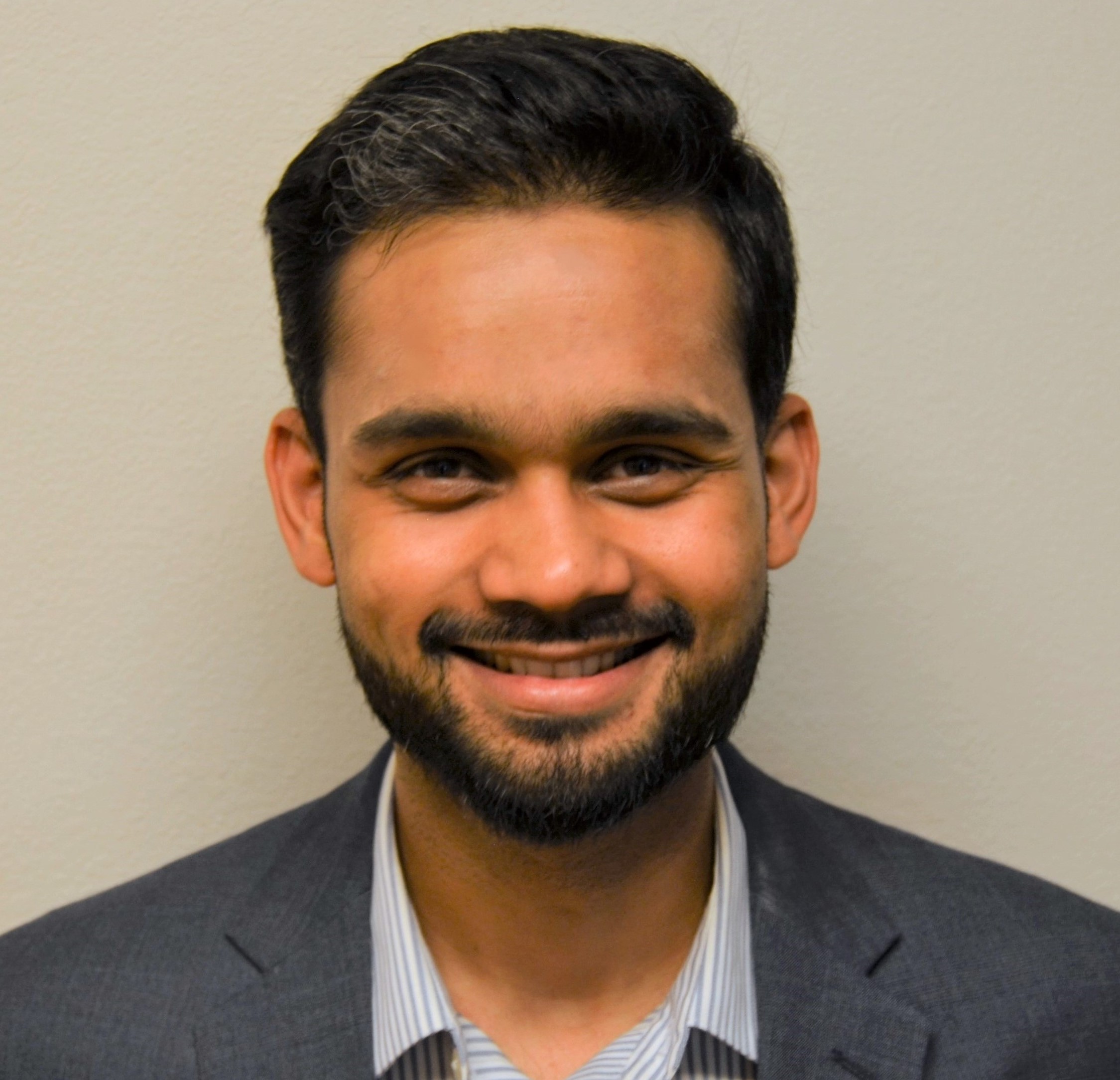
Deep Deka is a research scientist at MIT Energy Initiative. His research interests lie at the intersection of machine learning and optimization for tractable sensing and secure operation in renewable rich power grids. From 2018-2024, he was a staff scientist in the Theoretical Division at Los Alamos National Laboratory and served as a PI/co-PI for DOE and internal projects on machine learning in power systems and optimization of interdependent networks. He received the MS and PhD degrees in electrical and computer engineering (ECE) from the University of Texas, Austin, TX, USA, in 2011 and 2015, respectively. He completed his undergraduate degree in electronics and communication engineering (ECE) from IIT Guwahati, India with an institute silver medal as the best outgoing student of the department in 2009. Deka is a senior member of IEEE and has served as an editor on IEEE Transactions on Smart Grid.
Pablo Duenas-Martinez
Research Scientist, MIT Energy Initiative
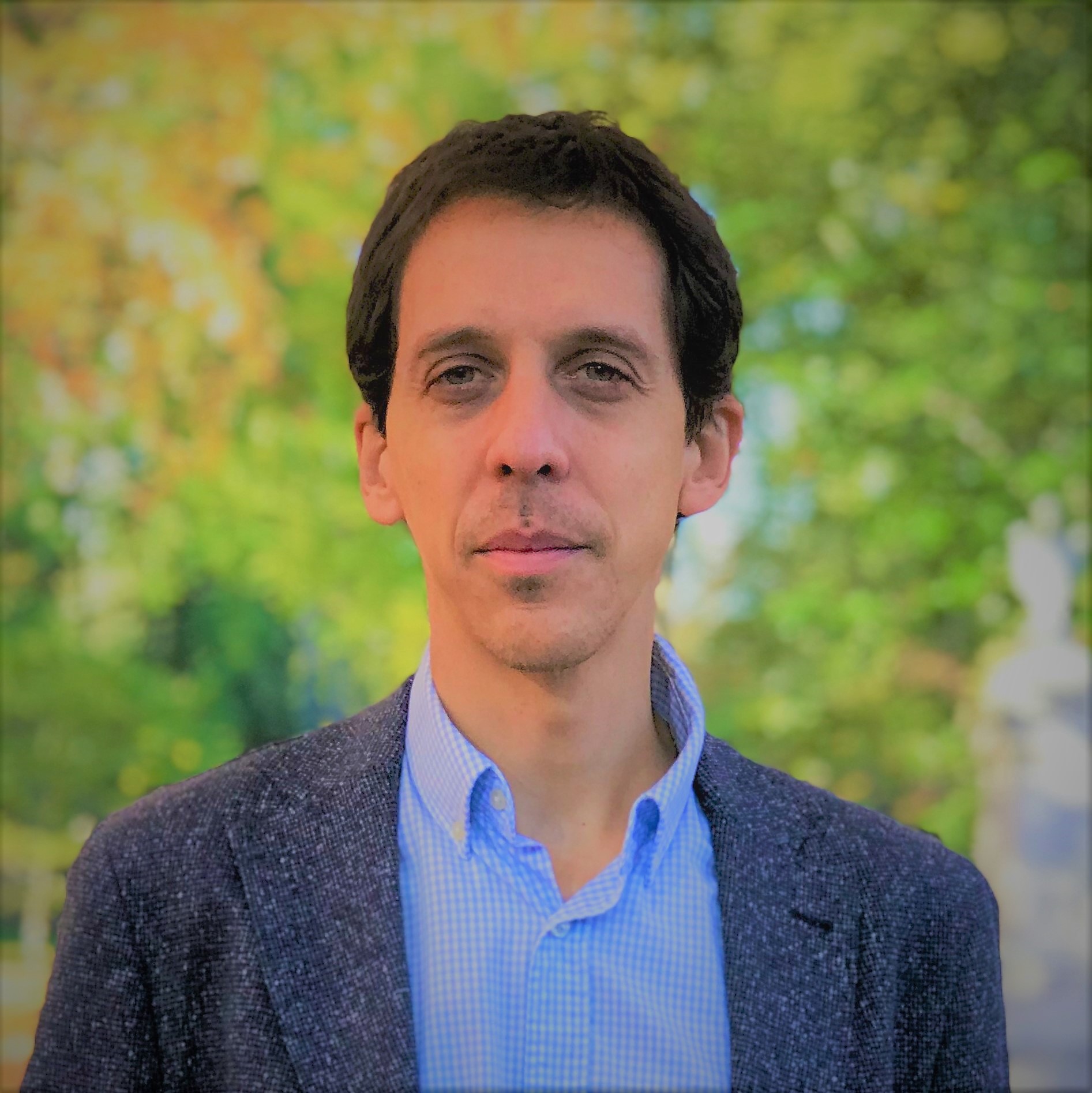
Pablo Duenas-Martinez is a research scientist at the MIT Energy Initiative, research assistant professor at Universidad Pontificia Comillas, and a gas-electricity advisor for the Florence School of Regulation at the European University Institute. His research area embeds the economic and regulatory modeling and analysis, and the role of traditional and new generation technologies in shaping the energy systems of the future, in low- to high-income countries, within a carbon-constrained world. He has published on topics such as liberalization and regulation of gas and electricity markets, energy security of supply and resiliency in decarbonizing economies, impact of distributed energy resources, analysis and regulation for universal energy access, and mathematical modeling of energy systems. During his career, he has worked with energy companies, as well as government and regulatory agencies, on research projects and to provide advice aimed at improving operations and investments in energy systems worldwide. He has participated in research projects funded by major U.S. governmental agencies (NSF and ARPA-E), and in more than 30 research contracts, acting in three of them as principal investigator. He has more than 50 publications as JCR peer-reviewed papers, conference and non-JCR papers, technical reports and studies, and book chapters. He has presented in international conferences, and been invited as an expert to workshops organized by, among others, the Inter-American Development Bank and the International Energy Agency. He obtained his BS in industrial engineering, MS in electric power systems, and PhD in electrical engineering at the Universidad Pontificia Comillas in Madrid, Spain; and received a BS in economics from the National Distance Education University in Madrid, Spain.
Louis Finkel
Senior Vice President of Government Relations, National Rural Electric Cooperative Association (NRECA)

Louis Finkel leads the association’s advocacy and public policy programs, including legislative and regulatory affairs, grassroots mobilization and political engagement. Finkel brings to NRECA more than 25 years of experience in policy and public affairs strategy in government and in the private sector.
Prior to joining NRECA, Finkel held government and public affairs leadership roles as an executive with CVS Health Corporation and at two national trade associations: the American Petroleum Institute, the primary trade association for the oil and natural gas industry, and the Grocery Manufacturers Association, the leading trade association for food and beverage manufacturers. He also represented corporate and not-for-profit interests before Congress and Administration agencies as a government relations consultant.
Finkel served as chief of staff for the U.S. House of Representatives Committee on Science and Technology and as legislative director to former Rep. Bart Gordon (D-TN).
He is a graduate of The George Washington University and lives in Arlington, VA with his wife Stacey and their two sons.
Charles Forsberg
Principal Research Scientist, MIT Department of Nuclear Science and Engineering
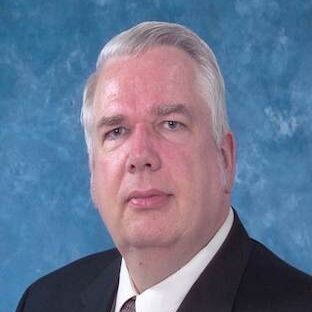
Charles Forsberg is a principal research scientist at MIT. His current research areas include Fluoride-salt-cooled High-Temperature Reactors (FHRs), integrated energy systems including nuclear-assisted cellulosic hydrocarbon biofuels, and 100 GWh heat storage systems. The heat storage systems include using crushed rock and firebrick. Crushed rock heat storage may enable 100+ Gigawatt hour heat storage to couple to nuclear reactors. He is one of the co-inventors of electrically conductive firebrick to enable electrical heating of firebrick to 1800˚C to (1) replace high-temperature heat from natural gas and (2) enable low-cost high-temperature heat storage. This technology is now being commercialized by Electrified Thermal Solutions. He teaches the fuel cycle and energy systems classes. Before joining MIT, he was a corporate fellow at Oak Ridge National Laboratory. Earlier he worked for Bechtel Corporation and Exxon.
He is a fellow of the American Nuclear Society (ANS), a fellow of the American Association for the Advancement of Science, and recipient of the 2005 Robert E. Wilson Award from the American Institute of Chemical Engineers for outstanding chemical engineering contributions to nuclear energy, including his work in waste management, hydrogen production and nuclear-renewable energy futures. He received the American Nuclear Society special award for innovative nuclear reactor design and a former Director of the ANS. Forsberg earned his bachelor’s degree in chemical engineering from the University of Minnesota and his doctorate in Nuclear Engineering from MIT. He has been awarded 13 patents and published over 300 papers.
Sandy Grace
Vice President, U.S. Policy and Regulatory Strategy, National Grid
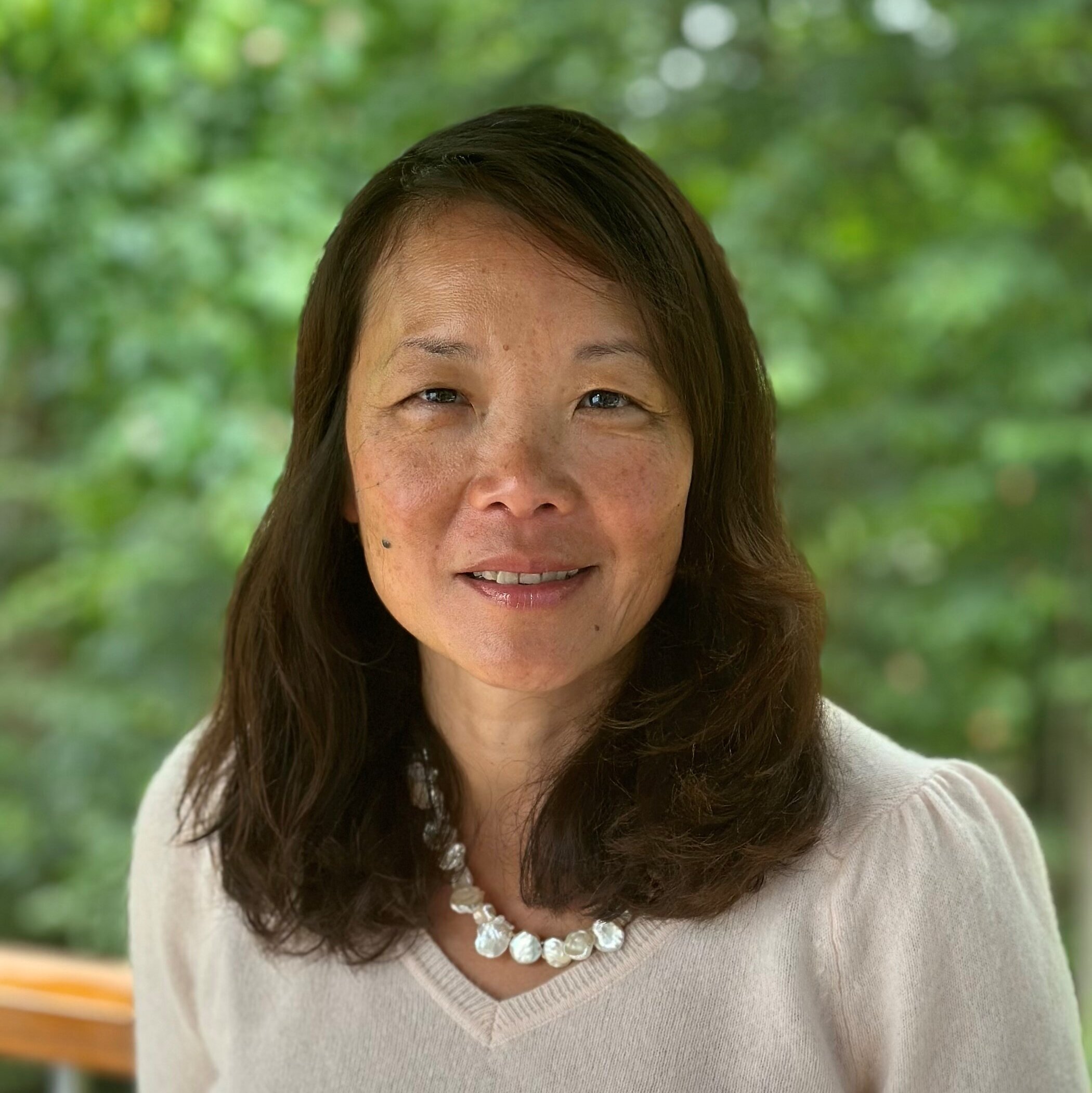
Sandy I-ru Grace leads the development of policy and regulatory strategy for National Grid’s U.S. business. Throughout her career in the energy and infrastructure industry, Grace has held roles focusing on policy development, legislative and regulatory strategy, as well as transmission and microgrid investment opportunities. She spent nearly a decade in private law practice on complex commercial litigation and regulatory matters, representing and providing advice to some of the nation’s largest energy companies on issues ranging from mergers and acquisitions, compliance, federal funding opportunities, and participation in wholesale energy markets. Grace is a member of the Maryland Bar, District of Columbia Bar, Court of Appeals for the Ninth Circuit, Court of Appeals for D.C. Circuit, and the Energy Bar Association. Grace currently serves on the board of directors of the Chesapeake and Ohio Canal Trust, the official nonprofit partner of the C&O National Park. Grace received a Juris Doctor from American University Washington College of Law and Bachelor of Science in foreign service from the Georgetown University Walsh School of Foreign Service.
William H. Green
Director, MIT Energy Initiative; Hoyt C. Hottel Professor, MIT Department of Chemical Engineering
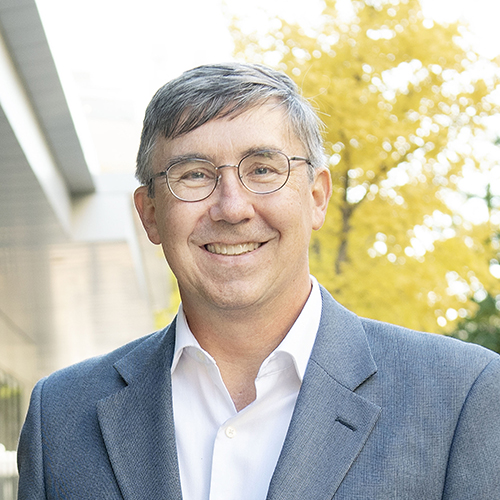
William H. Green, the Hoyt C. Hottel Professor at MIT, is a world leader in chemical kinetics, reaction engineering, prediction of chemical reactions and properties, and in development of related software. He has led many combined experimental/modeling research projects related to fuels, combustion, pyrolysis, and oxidative stability, and he invented an instrument to directly measure rate coefficients for multi-channel reactions. He developed computer methods to predict the behavior of complicated reacting mixtures, many of which are included in the open source Reaction Mechanism Generator software package, a type of AI expert system for reactive chemistry. The associated popular website rmg.mit.edu includes estimators for many chemical properties and several databases. Green co-invented several algorithms and numerical methods helpful for handling complicated chemical kinetics. His group has also developed machine-learning methods and software (ASKCOS and Chemprop) for accurately predicting the products of organic reactions and for predicting many chemical and reaction properties. Chemprop, whose recent versions were developed primarily by Green’s research group, is currently the most popular open-source chemistry software on GitHub. It is heavily used by the pharmaceutical industry, to predict the properties of proposed new drug molecules. Green also invents and analyzes technologies to reduce greenhouse gas emissions, particularly in the transportation/fuel sector. Two of his greenhouse-gas reduction inventions are now being commercialized, one by Thiozen, a company he co-founded. Recently he has been developing and analyzing technology options for decarbonizing the freight sector, with a special interest in long-haul trucking.
Green earned his BA from Swarthmore College, and his PhD in physical chemistry from the University of California at Berkeley under the supervision of C. Bradley Moore. After postdocs at Cambridge University with Nicholas Handy and at the University of Pennsylvania with Marsha Lester, he worked for Exxon Research & Engineering for six years before joining the Chemical Engineering faculty at MIT in 1997. Green has co-authored more than 350 journal articles, which have been cited more than 23,000 times. He is a fellow of the AAAS and of the Combustion Institute, and has received the American Chemical Society’s Glenn Award in Energy & Fuel Chemistry and the AIChE’s Wilhelm Award in Reaction Engineering. He convened and organized the International Conference on Chemical Kinetics in 2011, and now serves as treasurer of that conference series. More than 20 of his former graduate or postdoctoral students are now tenured or tenure-track faculty. He previously served as the editor of the International Journal of Chemical Kinetics, as the faculty chair of MIT’s Mobility of the Future project, and as the executive officer of the MIT Department of Chemical Engineering. He was appointed director of the MIT Energy Initiative in Spring 2024.
Angelo Gurgel
Principal Research Scientist, Center for Sustainability Science and Strategy; Principal Research Scientist, MIT Energy Initiative

Angelo Gurgel is a principal research scientist at the MIT Center for Sustainability Science and Strategy and the MIT Energy Initiative. His research has focused on understanding the interactions among natural resources, technological constraints, and human systems with a goal of identifying sustainable future development pathways. He has been developing socio-economic-environmental modeling and applied research on climate change, land-use changes, climate policy, bioenergy, climate change mitigation technologies, and agricultural and environmental economics. He contributes to the development of the MIT Economic Projection and Policy Analysis (EPPA) model, the MIT U.S. Regional Energy Policy (USREP) model, and the MIT Integrated Global System Modeling (IGSM) framework. Gurgel was a professor and coordinator of the master’s program on Agribusiness at the Sao Paulo School of Economics, Fundacao Getulio Vargas (FGV), Brazil (2012-2020), and professor at the University of Sao Paulo, Brazil (2004-2011). He holds a PhD in applied economics and a BS in agricultural engineering from University of Viçosa – Brazil.
María Herrera
Innovation Manager, Pan American Energy

María Herrera is a physicist with over a decade of experience in R&D across nuclear technology, oil & gas, and hydrogen innovation. She currently leads strategic research initiatives as innovation manager at Pan American Energy. Previously, she headed the Hydrogen Mission at YPF Technology, where she led the development of Argentina’s first high-power alkaline electrolyzer for green hydrogen.
Herrera holds a PhD in physics, with a thesis focused on computational neutron modeling for the development of a particle accelerator, including collaborative reactor simulations with MIT and Japanese research institutions.
She is actively involved in fostering technology transfer, industrial scaling, and partnerships with research institutions. Additionally, Herrera contributes to Argentina’s National Hydrogen Strategy and serves as a reviewer for several international scientific journals.
Clara Heuberger-Austin
Lead Power Market Analyst, Shell
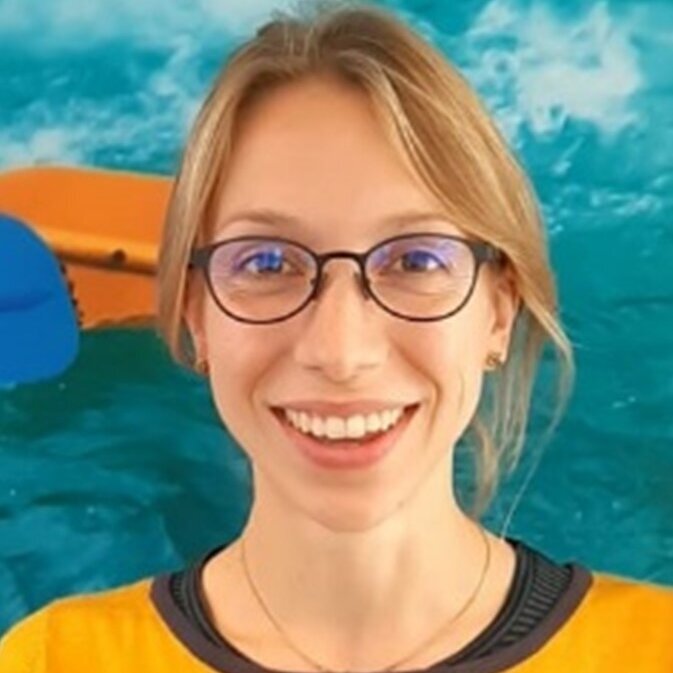
Clara Heuberger-Austin is a lead power market analyst at Shell working at the interface between long-term energy strategy, power business, and trading. She has been developing energy system optimization models and digital tools to guide research and strategic decision-making for over a decade. Her work has informed businesses, international, and government organizations. She holds a Bachelor’s and Master’s degree in mechanical engineering from RWTH Aachen University in Germany and received her PhD in chemical engineering and environmental policy from Imperial College London in collaboration with Carnegie Mellon University.
Joshua Hodge
Executive Director, MIT Center for Energy and Environmental Policy Research; Research Director, MIT Climate Policy Center

Joshua Hodge is the executive director at the MIT Center for Energy and Environmental Policy Research (CEEPR), research director at the MIT Climate Policy Center as well as a lecturer at the MIT Sloan School of Management. His areas of expertise include domestic and international climate and energy policy, with a focus on energy transition and renewable energy policies in the United States. Hodge’s recent work has included assisting rural electric cooperatives in the U.S. with decarbonization strategy. He is also acting executive director for the third phase of joint Harvard-MIT Roosevelt Project, as well as a member of the MIT Net-Zero by 2026 Faculty Review Committee.
Prior to his appointment as executive director at CEEPR, Hodge served for three years as deputy executive director at both CEEPR and the MIT Joint Program on the Science and Policy of Global Change. Before joining MIT, Hodge ran the Commodities Research and Forecasts business, Americas, at Thomson Reuters, where he managed the launch of the firm’s North American power and gas forecast modeling services. Previously, Hodge was managing director, North America, at Point Carbon where he was the firm’s first hire in the region and oversaw the launch of Point Carbon’s North American products. Hodge holds an MBA from the Darden Graduate School of Business at the University of Virginia and received his undergraduate education at the University of St. Andrews (UK).
Hodge has served as a commissioner on the Commission for Energy Use and Climate Change of the City of Somerville (MA), assisted the Museum of Science, Boston with climate change programing, and mentored students at the MIT Policy Hackathon.
Roland N. Horne
Thomas Davies Barrow Professor of Earth Sciences, Stanford University
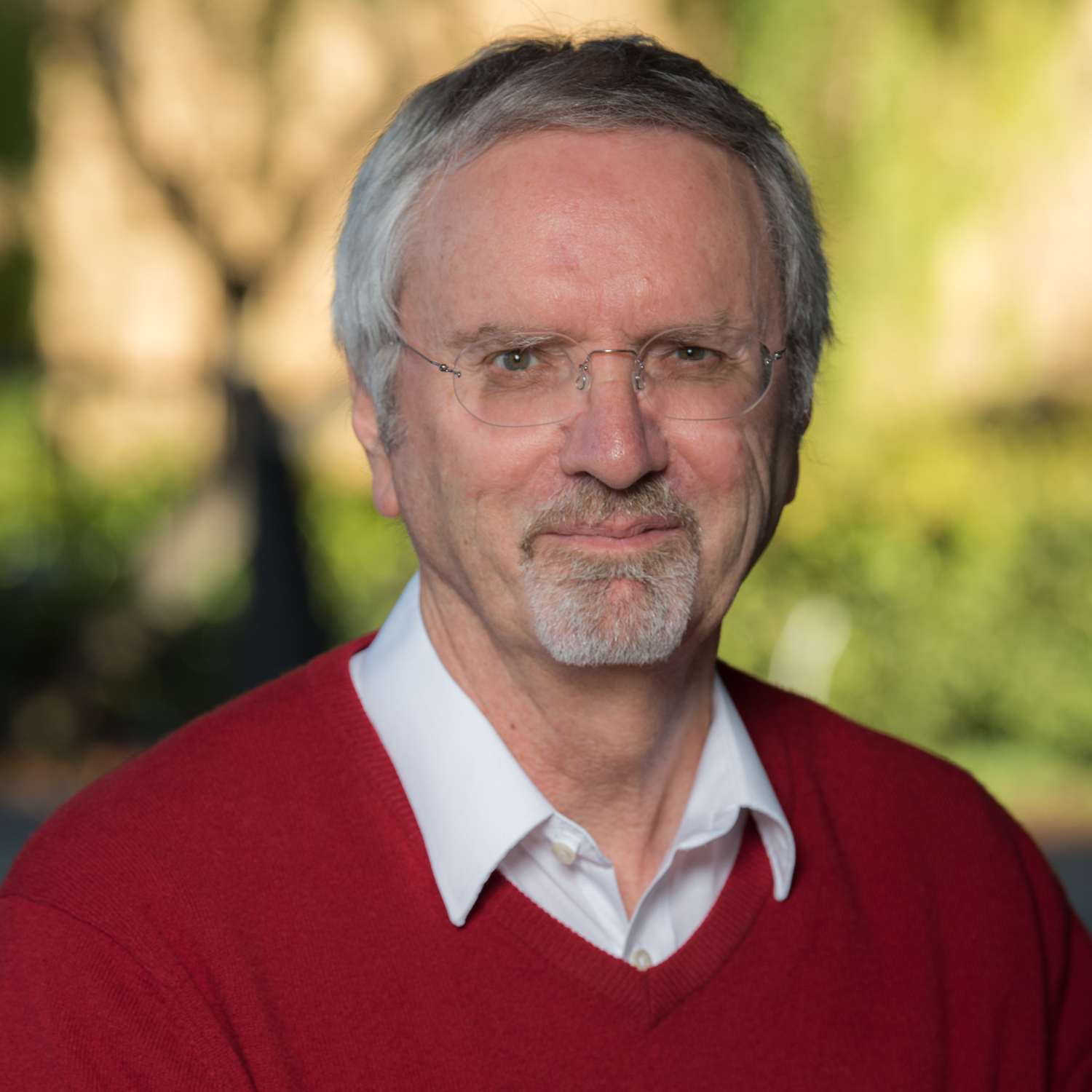
Roland N. Horne is the Thomas Davis Barrow Professor of Earth Sciences and professor of Energy Science and Engineering at Stanford University, and director of the Stanford Geothermal Program. He was the chairman of the Department of Petroleum Engineering at Stanford from 1995 to 2006. He served on the International Geothermal Association (IGA) Board and was the 2010-2013 President of IGA. He was technical program chairman of the World Geothermal Congress 2005 in Turkey, 2010 in Bali, Melbourne in 2015, and in Iceland in 2020-2021. Horne is a member of the U.S. National Academy of Engineering and an honorary member of the Society of Petroleum Engineers. He is also a fellow of the School of Engineering, University of Tokyo and an Honorary Professor of China University of Petroleum–East China.
Michael F. Howland
Esther and Harold E. Edgerton Assistant Professor of Civil and Environmental Engineering, MIT Department of Civil and Environmental Engineering

Michael F. Howland is the Esther and Harold E. Edgerton Assistant Professor of Civil and Environmental Engineering at MIT. He was a postdoctoral scholar at Caltech in the Department of Aerospace Engineering. He received his BS from Johns Hopkins University and his MS from Stanford University. He received his PhD from Stanford University in the Department of Mechanical Engineering. His work is focused at the intersection of fluid mechanics, weather and climate modeling, uncertainty quantification, and optimization and control with an emphasis on renewable energy systems. He uses synergistic approaches including simulations, laboratory and field experiments, and modeling to understand the operation of renewable energy systems, with the goal of improving the efficiency, predictability, and reliability of low-carbon energy generation. He was the recipient of the Robert George Gerstmyer Award, the Creel Family Teaching Award, and the James F. Bell Award from Johns Hopkins University. At Stanford, he received the Tau Beta Pi scholarship, NSF Graduate Research Fellowship, a Stanford Graduate Fellowship, and was recognized as a Precourt Energy Institute Distinguished Student Lecturer. At MIT, he has received the Maseeh Excellence in Teaching Award and the Office of Naval Research (ONR) Young Investigator Program (YIP) award.
Gasim Ibrahim
Postdoctoral Researcher, MIT Energy Initiative

Gasim Ibrahim holds a PhD in chemical engineering from Texas A&M University, where his research centered on experimental and modeling approaches to managing water and carbon dioxide in energy technologies. His academic journey also includes an MSc in chemical engineering from Loughborough University and an MSc in engineering science from Washington State University, and a BSc in chemical engineering from the University of Khartoum.
Currently, Ibrahim is a postdoctoral research associate at the MIT Energy Initiative, where he leverages his dual expertise in experimentation and computational modeling to conduct technoeconomic and life cycle assessments of both emerging and established energy technologies. His work aims to evaluate the real-world feasibility and sustainability of these technologies, guiding innovation and policy in the energy sector. His current projects are particularly focused on hydrogen supply chains—exploring how hydrogen can be produced, stored, transported, and utilized in a cost-effective and environmentally responsible manner. His interdisciplinary approach bridges scientific rigor with practical application, supporting the global transition to cleaner energy systems.
Andrew Inglis
Geothermal Venture Builder, Proto Ventures, MIT
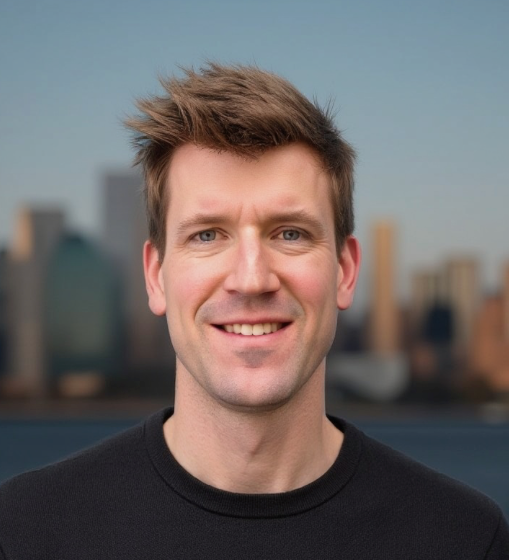
Andrew Inglis is an accomplished applied physicist with over 15 years of experience in transforming advanced electro-physics technologies from concept to market-leading products. As the founder of Silverside Detectors, he developed and commercialized low-cost neutron radiation detectors, specifically designed for large scale deployments for nuclear non-proliferation and agricultural water management.
He has recently joined Proto Ventures, MIT’s Venture Studio, to focus on deploying innovations that will help geothermal become one of the world’s main sources of baseload clean electrical and heat energy.
He earned his PhD in physics from Boston University and MS in engineering science from the University of Virginia.
Christopher Knittel
Associate Dean for Climate and Sustainability, the George P. Shultz Professor, Professor of Applied Economics, MIT Sloan School of Management
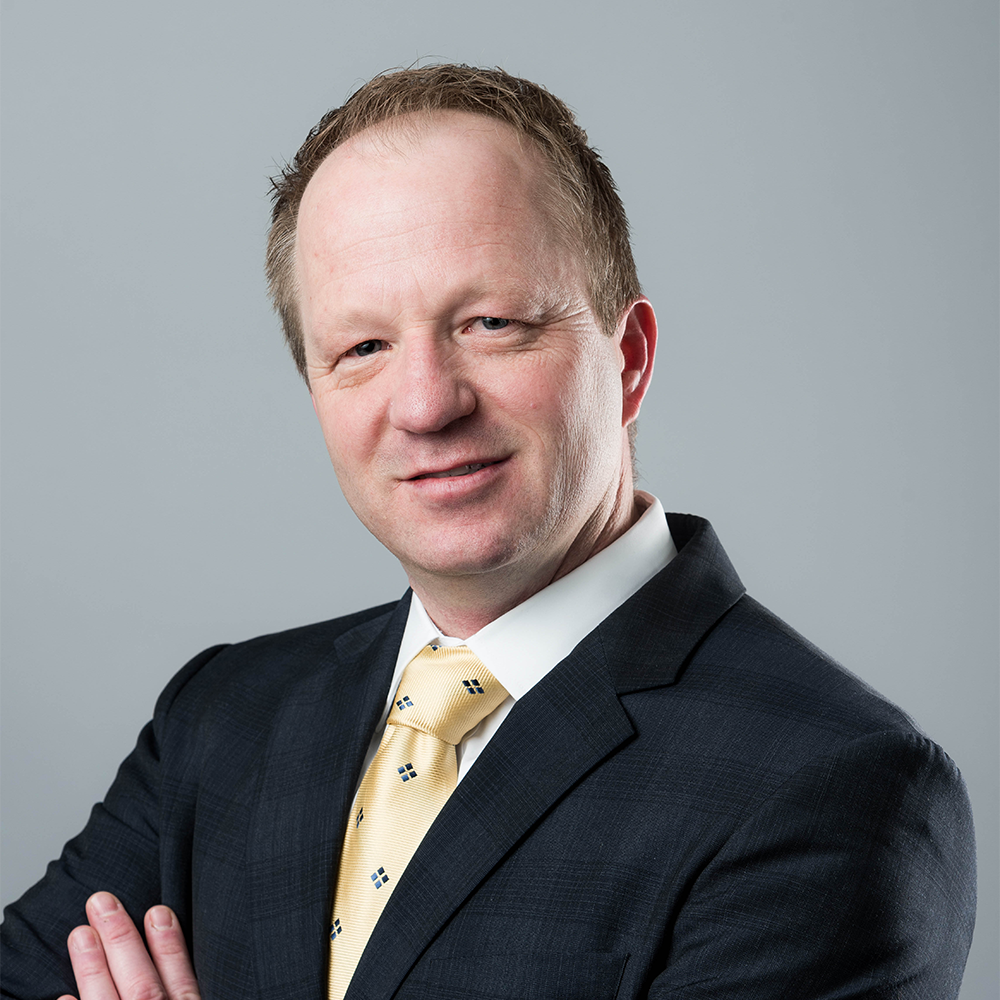
Christopher Knittel is the George P. Shultz Professor of Energy Economics, professor of applied economics, and the associate dean of climate, energy, and sustainability at the Sloan School of Management at the Massachusetts Institute of Technology. He directs MIT’s Center for Energy and Environmental Policy Research, which has served as the hub for social science research on energy and the environment since the late 1970s, and is the director of MIT’s new Climate Policy Center, which works directly with policy makers to analyze existing, proposed, and potential policy measures. Finally, Knittel is the director of the Inventing New Policy Approaches Mission for the Climate Project at MIT.
He joined the faculty at MIT in 2011, having taught previously at UC Davis and Boston University. At MIT he teaches energy economics and policy to undergraduates, MBA students, and graduate students from outside of the Sloan School of Management. Knittel received his BA in economics and political science from the California State University, Stanislaus in 1994 (summa cum laude), an MA in economics from UC Davis in 1996, and a PhD in economics from UC Berkeley in 1999.
His research focuses on understanding how consumers and firms respond to changes in the energy environment, be it from prices or regulation, and what this means for the costs and benefits of policy. He is a research associate at the National Bureau of Economic Research in the Productivity, Industrial Organization, and Energy and Environmental Economics groups. He is the co-director of NBER’s Energy and Environmental Economics group. He is the former co-editor of the Journal of Public Economics, and an associate editor of the Journal of Transportation Economics and Policy, and Journal of Energy Markets, having previously served as an associate editor of The American Economic Journal — Economic Policy and The Journal of Industrial Economics. His research has appeared in The American Economic Review, The Journal of Political Economy, The American Economic Journal, The Review of Economics and Statistics, The Journal of Industrial Economics, The Energy Journal, and other academic journals.
You Lin
Postdoctoral Associate, MIT Laboratory for Information and Decision Systems
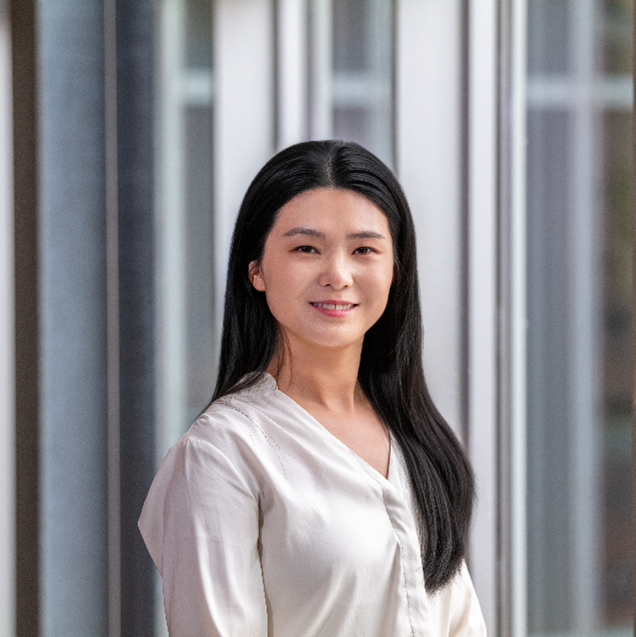
You Lin is a postdoctoral associate in the Laboratory for Information and Decision Systems (LIDS) at MIT and an IEEE Senior Member. She holds a PhD in electrical and computer engineering from Southern Methodist University. Her research focuses on applying machine learning to energy system analysis and optimization, with a particular emphasis on smart buildings, power systems, and electricity markets. With over 20 peer-reviewed publications and 800+ citations, she is committed to advancing intelligent energy management by optimizing operations and reducing environmental impacts through scalable AI solutions and strategic interventions, particularly in the building sector. Drawing on her expertise in machine learning and its applications in the building and power sectors, she is also actively involved in entrepreneurial training programs to explore the broader impact of her building optimization and control technologies, aiming to strengthen research-based technology commercialization capabilities.
Jeremy Linzee
Chief Development Officer, Gradient Geothermal
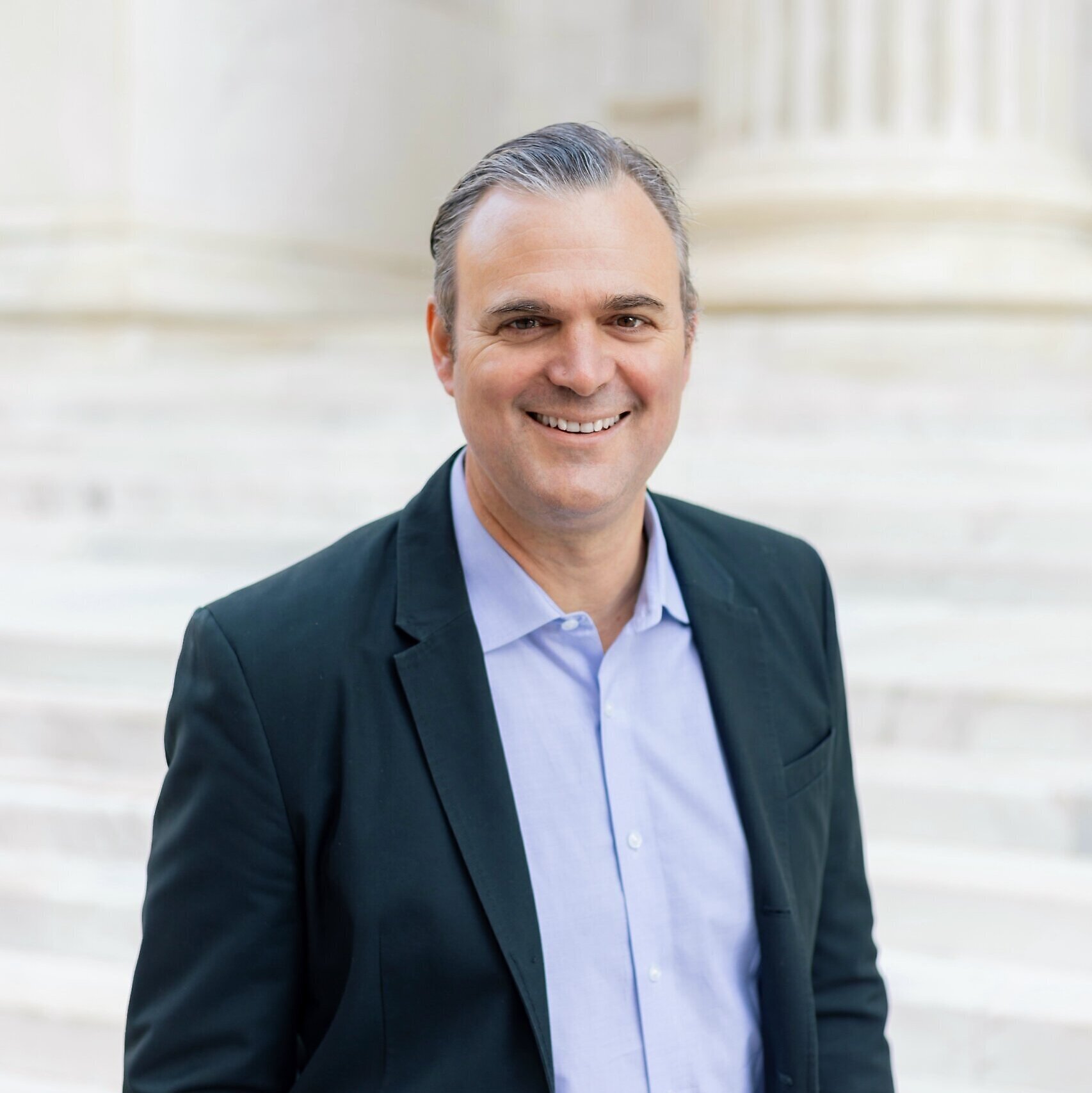
Jeremy Linzee serves as chief development officer at Gradient Geothermal. Previously he worked as head of operations and asset management at X Machina Sustainable Technologies and as chief design officer at FullStack Modular. He graduated from Harvard University with an AB magna cum laude in English and art history, and received his MArch from Princeton University School of Architecture.
Ruaridh Macdonald
Research Scientist, MIT Energy Initiative
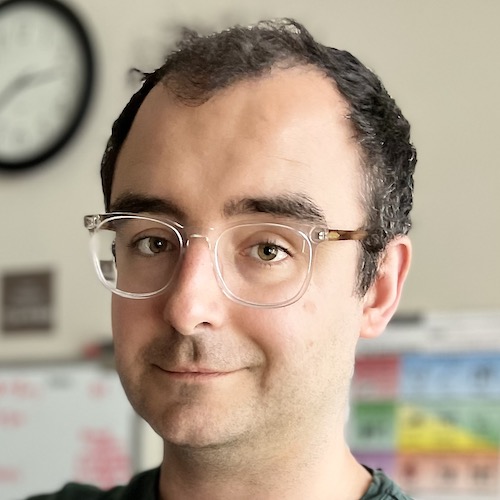
Ruaridh Macdonald is the energy systems research lead at the MIT Energy Initiative. His research explores how best to decarbonize the electricity grid and other sectors, and which technologies and policies will reduce the cost of the energy transition while also ensuring grid resilience and security. He is developing novel approaches to macro-energy system modelling which allow for larger multi-sector energy systems to be optimized over long time periods. This allows for technologies to be modelled with greater fidelity and considering interannual variation in energy supply and demand. Macdonald is a co-lead developer of the GenX and DOLPHYN macro-energy system models. He completed his PhD in nuclear science and engineering at MIT.
Douglas McDonald
Vice President, BWRX-300 Deployment, GE Hitachi

Douglas McDonald is responsible for the delivery of the BWRX-300, GE Hitachi’s innovative, cost competitive, small modular reactor. He has over 39 years of experience including 37 with GE/GE-Hitachi. He has served in a variety of technical and leadership positions including research reactor operations, design of GEN III/III+ reactors, construction and commissioning of FOAK reactors, services management, project management, quality, business development, and sales. He has a BS in nuclear engineering from Texas A&M University and a Masters in mechanical engineering from The University of California, Berkeley. He holds patents in severe accident mitigation devices and passive mixing technology.
Michael A. Mehling
Deputy Director, MIT Center for Energy and Environmental Policy Research
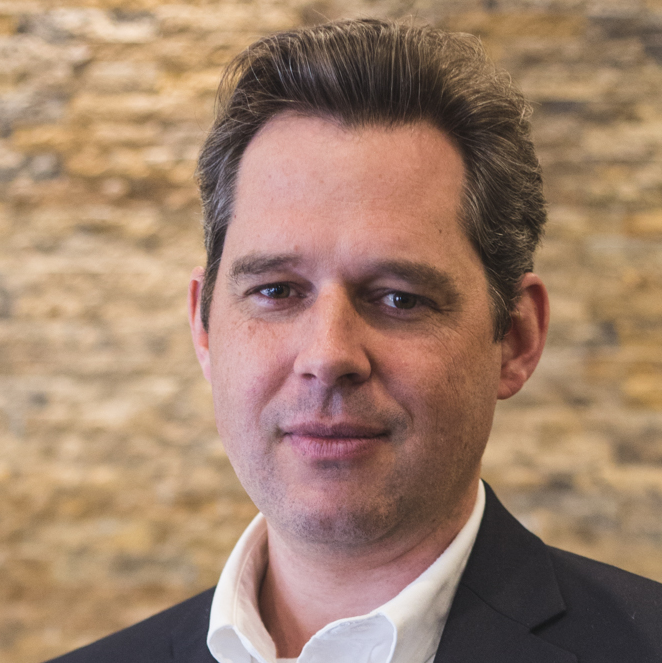
Michael Mehling is deputy director of the MIT Center for Energy and Environmental Policy Research and a professor at the School of Law of the University of Strathclyde. For over two decades, he has worked on climate policy design and implementation at the intersection with environmental, energy, financial market, and trade policy, advising decision makers in over a dozen countries, testifying before or briefing legislators in the United States, the United Kingdom, and the European Union, and serving as an expert in several climate litigation and arbitration cases. He currently serves on the boards of directors of Climate Strategies in London, Ecologic Institute in Berlin, and the European Roundtable on Climate Change and Sustainable Transition (ERCST) in Brussels, as well as the Scientific Committee of the Enel Foundation in Rome and the Scientific Advisory Board of the Institute for Climate Protection, Energy and Mobility (IKEM) in Berlin. He is also a commissioner with the Commission on Carbon Competitiveness (C3) in Ottawa, a policy advisor of the Center for Climate and Trade at the Climate Leadership Council (CLC) in Washington, DC, and an associate researcher with the Energy Policy Research Group (EPRG) at the University of Cambridge. He is the founding editor of the Carbon & Climate Law Review (CCLR), the first academic quarterly journal focused on climate law and regulation.
Jennifer Morris
Principal Research Scientist, MIT Center for Sustainability Science and Strategy and MIT Energy Initiative
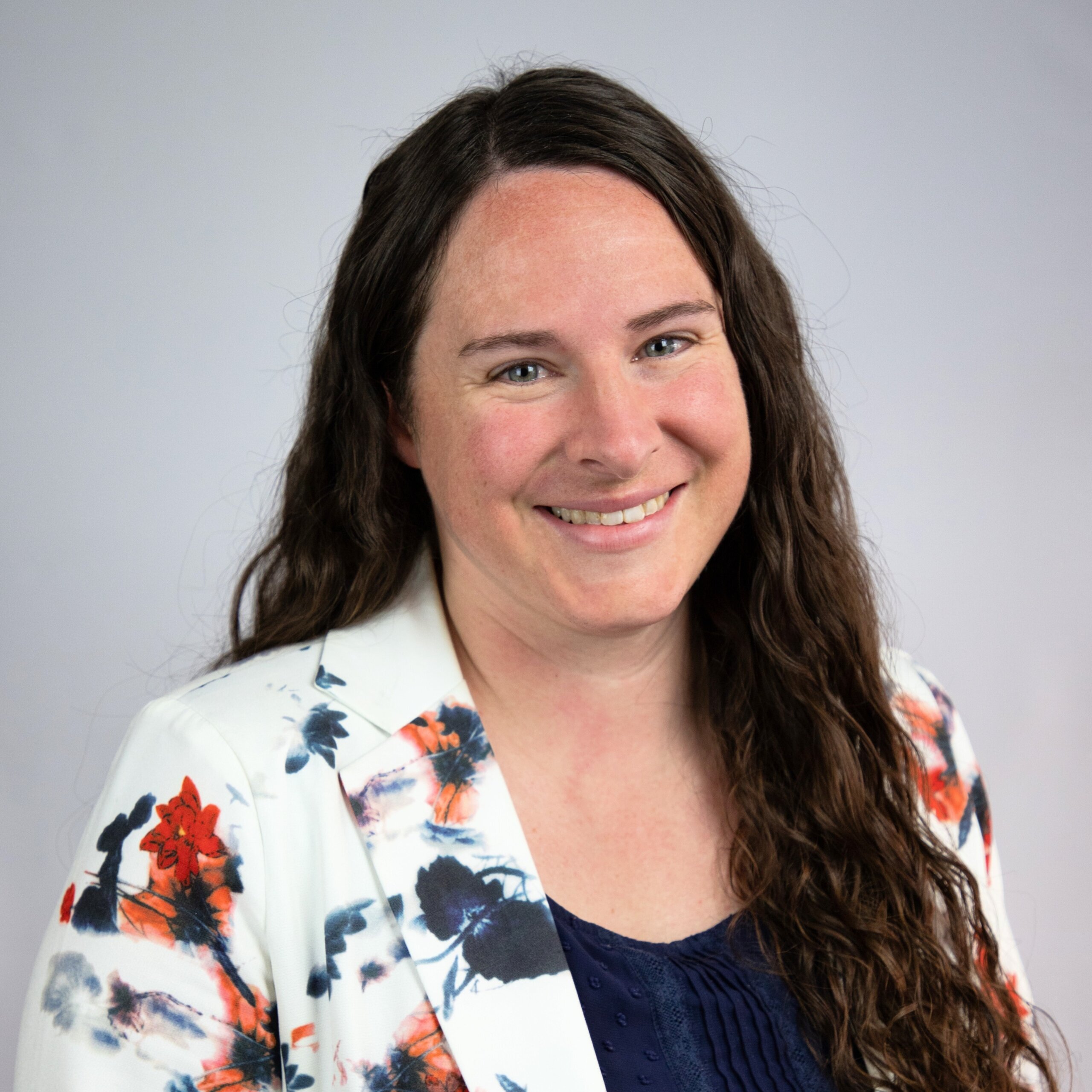
Jennifer Morris is a principal research scientist at the MIT Center for Sustainability Science and Strategy and the MIT Energy Initiative. Her research focuses on energy-economic modeling and linkages between human and natural systems to explore multi-sector feedbacks and implications of different development, decarbonization and investment pathways. She also focuses on uncertainty, risk analysis, and decision-making in energy and environmental systems. This work involves quantifying key uncertainties (e.g. population growth, technology costs, resource availability, etc.), and applying different methodological approaches to models to formally represent such uncertainties and explore how they impact near-term decisions. Morris is a key contributor to the development of the MIT Integrated Global System Modeling (IGSM) framework, focusing on the human system component, the Economic Projection and Policy Analysis (EPPA) model. With this modeling framework, she develops integrated economic and climate scenarios, generates large ensembles, analyzes policy impacts, explores technology and mitigation pathways, and examines multi-sector dynamics. Morris holds a PhD in engineering systems and a MS in technology and policy from MIT.
Isabel Naranjo De Candido
PhD Student, MIT Department of Nuclear Science and Engineering
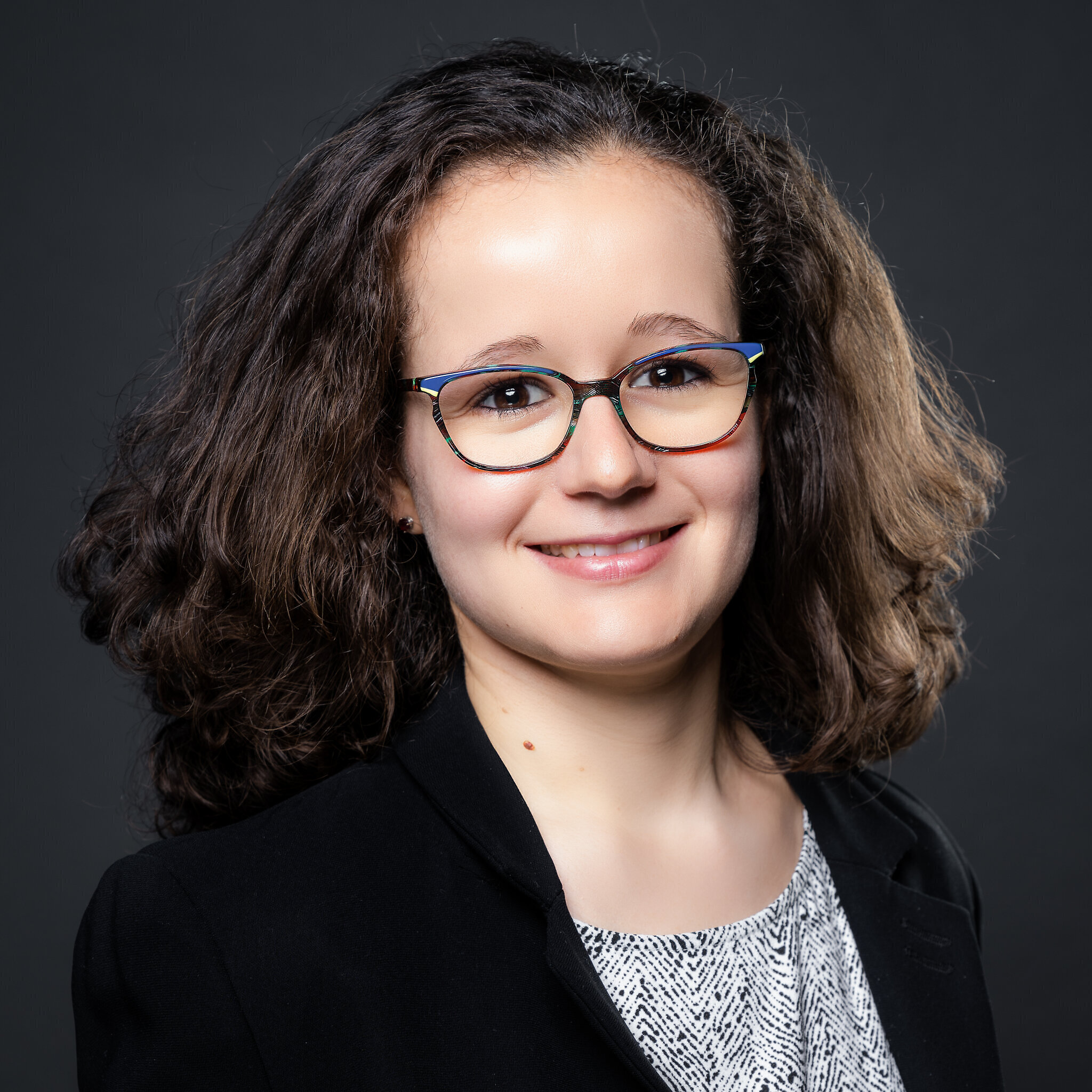
Isabel Naranjo De Candido is a fifth year PhD Candidate in the Nuclear Science and Engineering department at MIT. Her research is focused on operation and maintenance of advanced reactors concepts. She holds a BSc in mechanical engineering and a MSc in nuclear engineering from the University of Pisa, Italy.
Tara Narayanan
Energy Analyst, BloombergNEF
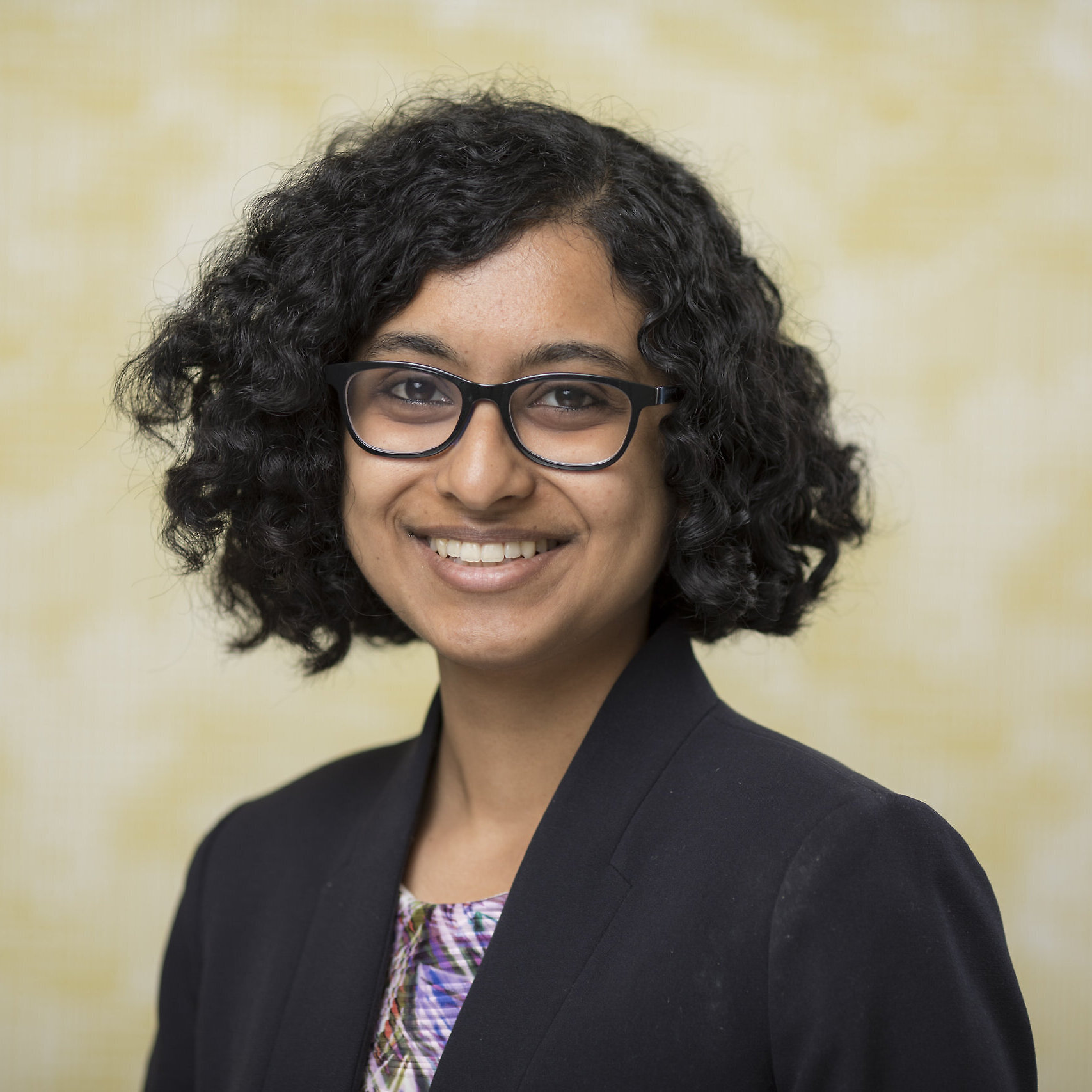
In Tara Narayanan’s time at BNEF, she led BNEF’s U.S. long term decarbonization analysis, looking at cross sectoral trends, analyzed U.S. power markets with a focus on PJM, and produced medium term outlooks for renewables. Her research has covered economic, policy, and company trends in the U.S. Prior to BNEF, she was a manufacturing engineer at Ford. Narayanan holds an MS in natural resources and environment and an MA in applied economics from the University of Michigan, Ann Arbor, and a BTech in mechatronics engineering from SASTRA University, India.
Dongxiao Niu
Postdoctoral Associate, MIT Center for Real Estate

Dongxiao Niu is a postdoctoral associate at the MIT Center for Real Estate. Her research interests are real estate finance and urban economics, with a strong focus on climate risks and real estate transformation.
Elsa A. Olivetti
Mission Director, MIT Climate Project; Strategic Advisor, MIT Climate and Sustainability Consortium; Jerry McAfee (1940) Professor in Engineering, Professor of Materials Science and Engineering, MacVicar Faculty Fellow, MIT
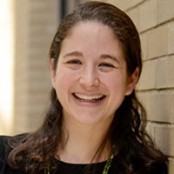
Elsa Olivetti received a BS in engineering science from the University of Virginia in 2000, and a PhD in materials science and engineering from MIT in 2007. She spent her PhD program studying the electrochemistry of polymer and inorganic materials for electrodes in lithium-ion batteries. In 2014, she became faculty in the MIT Department of Materials Science and Engineering. She directs the MIT Climate Project’s Decarbonizing Energy and Industry Mission and is the strategic advisor for the MIT Climate & Sustainability Consortium.
Olivetti’s research focuses on improving the environmental and economic sustainability of materials. Specifically, she develops analytical and computational models to provide early-stage information on the cost and environmental impact of materials. Olivetti and her research group colleagues work toward improving sustainability through increased use of recycled and renewable materials, recycling-friendly material design, and intelligent waste disposition. The group also focuses on understanding the implications of substitution, dematerialization, and waste mining on materials markets.
Luisa Palacios
Deputy Director of Research and Managing Director, Emerging Markets Energy Transition Finance, Center on Global Energy Policy, Columbia University

Luisa Palacios is the deputy director of research and managing director of energy transition finance in emerging markets at Columbia University’s Center on Global Energy Policy (CGEP). She is also an adjunct professor at Columbia University’s School of International and Public Affairs. Palacios was the first chairwoman of Houston-based Citgo Petroleum Corporation, where she led the company during significant geopolitical, financial, operational, and legal challenges. Before Citgo, Palacios was a senior managing director and member of the management committee of Medley Global Advisors, a macro policy advisory firm in New York. She previously worked at Barclays Capital as a director in the emerging markets research department in New York and as an economist in the risk department at Société Générale in Paris. Palacios also worked as a senior economist at the Japan Bank for International Cooperation and a consultant in the Office of the Chief Economist for Latin America at the World Bank in Washington, D.C. She received a master’s degree in international affairs from Columbia University’s School of International and Public Affairs; and a PhD in international affairs from The John Hopkins University School of Advanced International Studies. She chairs the Financial Working Group of the COP 28 Methane Abatement Financing Taskforce and was the deputy chair of Brazil’s B20 Finance and Infrastructure Task Force. She is in the faculty advisory board of Columbia University’s Santiago Global Center, is a member of the Editorial Board of Americas Quarterly, and is a permanent member of the Council of Foreign Relations.
Sergey Paltsev
Deputy Director, MIT Center for Sustainability Science and Strategy; Strategy and Senior Research Scientist, MIT Energy Initiative
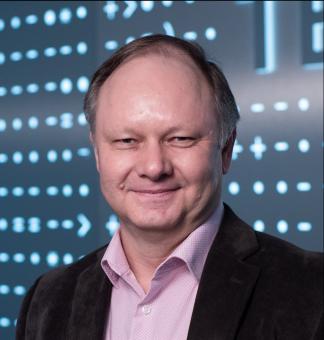
Sergey Paltsev is a deputy director of the MIT Center for Sustainability Science and Strategy and a senior research scientist at the MIT Energy Initiative, Massachusetts Institute of Technology (MIT), Cambridge, USA. He is the lead modeler in charge of the MIT Economic Projection and Policy Analysis (EPPA) model of the world economy. His research covers a wide range of topics including energy economics, climate policy, taxation, advanced energy technologies, and international trade. Paltsev is an advisory board member for the Global Trade Analysis Project (GTAP) Consortium and a member of the Scientific Steering Committee for the Integrated Assessment Modeling Consortium (IAMC). Paltsev is an author of more than 120 peer-reviewed publications in scientific journals and books.
Paltsev is a recipient of the 2012 Pyke Johnson Award (by the Transportation Research Board of the National Academies, USA, for the best paper in the area of planning and environment), the Best Policy Analysis Paper of 2012 by Environmental Science and Technology Journal of the American Chemical Society, and the Best 2004 Research Award by Tokyo Electric Power Company, Japan. Paltsev was a lead author of the Fifth Assessment Report (AR5) of the Intergovernmental Panel on Climate Change (IPCC).
Earlier at MIT, Paltsev was a director of the Energy-at-Scale Center and a deputy director of the MIT Joint Program on the Science and Policy of Global Change, that together with the MIT Center for Global Change Science were succeeded by the MIT Center for Sustainability Science and Strategy to produce leading-edge research to help guide societal transitions toward a more sustainable future.
Before joining MIT in 2002, Paltsev worked as a consultant for International Management and Communication Corporation and The World Bank, and as an executive director of the Program in Economics and Management of Technology at Belarusian State University. He received a diploma in radiophysics and electronics from Belarusian State University and PhD in economics from University of Colorado at Boulder.
Rebecca Pearce
Research Fellow and Science Lead,Ultradeep Geothermal Program, Cascade institute

Rebecca Pearce is a geophysicist who has dedicated her career towards solving our environmental crisis through renewable energy and clean technologies. She is currently a research fellow at the Cascade Institute, specifically the science lead for the Ultradeep Geothermal Program. Her role involves identifying technology gaps for exploring and developing next-generation geothermal resources, and defining strategies to close these gaps in collaboration with international geothermal actors advancing this research frontier. Pearce received her PhD from University College London in 2020 for her research in exploring for geothermal resources in the Chilean Andes using an electromagnetic geophysical method called magnetotellurics. Soon after, she contributed to the Canadian geothermal industry by leading an exploration survey for a known resource in Northern BC. Pearce later completed a post-doctoral fellowship at Simon Fraser University, with a focus on applied geophysics for low-impact mining, as well as studying the geothermal systems of the Garibaldi Belt, BC. She was also the lead technician for a magnetotelluric survey on a research campaign to the receding Thwaites Glacier in West Antarctica, on a geophysical campaign to improve projections of future sea level rise as a result of global warming.
Desirée Plata
Professor, MIT Department of Civil and Environmental Engineering
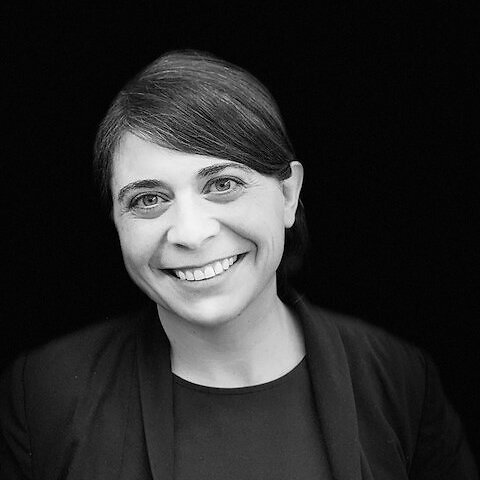
Desirée Plata’s research seeks to maximize technology’s benefit to society while minimizing environmental impacts in industrially important practices through the use of geochemical tools and chemical mechanistic insights. Plata earned her doctoral degree in chemical oceanography and environmental chemistry from the Massachusetts Institute of Technology and the Woods Hole Oceanographic Institution’s Joint Program in Oceanography (2009) and her bachelor’s degree in chemistry from Union College in Schenectady, NY (2003). Plata is an NSF CAREER Awardee (2016), an Odebrecht-Braskem Sustainable Innovation Awardee (2015), a two-time National Academy of Engineers Frontiers of Engineering Fellow (2012, 2020), a two-time National Academy of Sciences Kavli Frontiers of Science Fellow (2011, 2013), a Caltech Resnick Sustainability Fellow (2017), and winner of MIT’s Junior Bose Teaching Award (2019), Edgerton Faculty Achievement Award (2021), and Perkins Graduate Advising Award (2021). Having previously served as John J. Lee Assistant Professor of Chemical and Environmental Engineering at Yale University and associate director for research at the Center for Green Chemistry and Green Engineering at Yale, Plata is now professor of Civil and Environmental Engineering at MIT, director of the MIT Climate and Sustainability Consortium, and co-director of the MIT Superfund Research Program. Plata directs MIT’s Methane Network, serves on the Scientific Advisory Board of Spark Climate, and served on the National Academy of Science Engineering and Medicine’s Atmospheric Methane Removal study (recused). Plata is co-founder of Nth Cycle (nthcycle.com), co-founder and President of Sustainable Chemical Resource Advisors LLC, and co-founder and President of Moxair Inc.
Sungho Shin
Texaco-Mangelsdorf Career Development Professor in Chemical Engineering, MIT Department of Chemical Engineering

Sungho Shin is a Texaco-Mangelsdorf Career Development Chair Assistant Professor of the Chemical Engineering Department at Massachusetts Institute of Technology. Prior to joining MIT, he was a postdoctoral researcher at the Mathematics and Computer Science Division at Argonne National Laboratory. He received his PhD from the University of Wisconsin-Madison. His research interests include model predictive control, optimization algorithms, and their applications to large-scale energy infrastructures.
Amaury Souza
Global Technical Manager, Decarbonization and Technology Development, Vale

Amaury Souza is the global technical manager for decarbonization and technology development at Vale, where he leads projects focused on decarbonizing the value chain of the mining and steel industries. Prior to this role, he was an R&D researcher at ArcelorMittal R&D centre in France, specializing in digitalization and AI-driven solutions for industrial applications. Before that, he was a Humboldt Foundation Research Fellow at Gutenberg University in Mainz, Germany, working on nanotechnology and materials science. Souza holds a PhD in physics from Trinity College Dublin and is an alumnus of the IMD Business School in Switzerland, combining deep technical expertise with strategic leadership in industrial transformation.
W. Robb Stewart
CTO and Co-founder, Alva
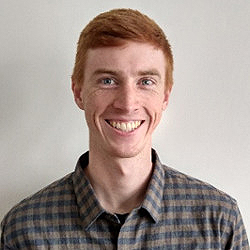
W. Robb Stewart is a nuclear engineer specializing in nuclear power plant construction, cost estimation, and light water reactor power uprates. He has developed innovative methods to estimate costs, construction timelines, and labor requirements while optimizing system design—tools that are widely used across the industry. Prior to co-founding Alva, he co-founded Boston Atomics, an advanced reactor company focused on construction-optimized small modular reactors (SMRs). His work on SMR design and constructability has secured millions in U.S. Department of Energy funding. Stewart earned his PhD in nuclear engineering from MIT, where he spearheaded the development of the Nuclear Cost Estimation Tool (NCET)—providing comprehensive insights into nuclear project economics and timelines.
Before transitioning to nuclear engineering, Stewart was a mechanical engineer at GE Research, contributing to the GE9X jet engine—the world’s largest and most powerful commercial aircraft engine. He holds five U.S. patents and has published in journals such as Nuclear Engineering and Design, Renewable and Sustainable Energy Reviews, and the Journal of Engineering for Gas Turbines and Power. Stewart also holds bachelor’s and master’s degrees in mechanical engineering from the University of Texas at Austin.
P.V. (Suri) Suryanarayana
Chairman of the Board, Blade Energy Partners
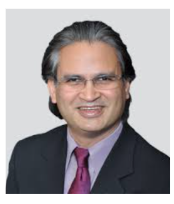
P. V. (Suri) Suryanarayana has over 34 years of professional experience as a practicing engineer in upstream energy. The underlying theme of his career has been solving unique engineering problems and developing new technologies in the energy industry with a focus on well integrity, thermal problems, multiphase flow modeling, and probabilistic design. Suryanarayana started in the oil and gas industry in Mobil’s research center in 1991, with a focus on well engineering and well integrity. In 2000, Suryanarayana co-founded Blade Energy Partners, where he leads their engineering and R&D groups. His current interests include carbon sequestration, alternative energy engineering, thermal and geothermal well engineering, and reliability-based design. With over 100 archival publications, Suryanarayana has made several fundamental contributions to the energy industry, including application of reliability-based design to complex wells, strain-based design for thermal and geothermal wells, well design and thermal performance analysis for superhot rock geothermal, and well integrity and leak risk assessment for carbon sequestration projects. Suryanarayana has also co-developed and taught several advanced courses, in advanced casing design, geothermal and thermal well design, and carbon sequestration. Suryanarayana is currently chairman of Blade, and the chief technologist for Mazama Energy.
Yanis Tournier
Visiting Student, MIT Department of Electrical Engineering and Computer Science

Yanis Tournier is currently pursuing a Master’s degree in data science at ETH Zurich, Switzerland, and holds an undergraduate degree in mechanical engineering from EPFL. He is a visiting student in Sam Coday’s lab at MIT, where he is working on building datasets and models to evaluate the potential of Level I charging as a more accessible and affordable solution for electric vehicle charging. Prior to this, he worked with the Swiss transmission system operator on forecasting total system imbalance to help optimize the balancing market. His research interests include machine learning, forecasting, and optimization for energy systems.
Yu Weng
Postdoctoral Associate, MIT Energy Initiative
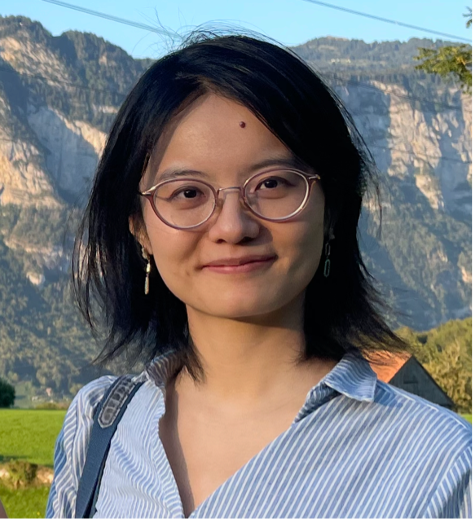
Yu Weng is currently a postdoc at the MIT Energy Initiative. She received her Ph. in electric power engineering from the School of Electrical and Electronic Engineering, Nanyang Technological University, Singapore, in 2023. She has experience working with Alstom, UK. Her research centers on the planning and optimization of multi-sectoral energy systems and power grids under uncertainty. She is particularly interested in high-renewable electricity grids, co-optimization of interdependent infrastructures, and enhancing network resilience. Her expertise includes optimal control, fixed-point theorems, uncertainty quantification, agent-based modeling, and Gaussian Process Regression. She joined projects on developing the Digital Twin of a Li-ion battery energy storage system in Singapore.